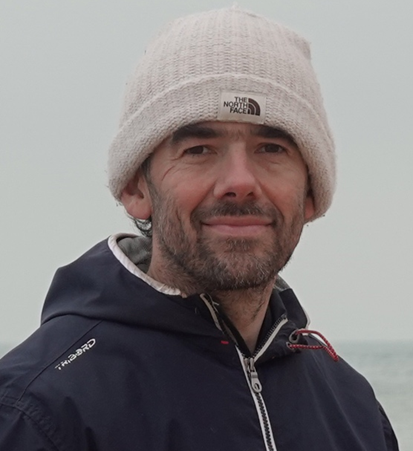WMS Events Calendar
Please see this page for MB ChB events.
BMS Seminar: Laboratory evolution unravels a novel feedback system on Cdk function, Dr Damien Coudreuse, Institute of Biochemistry and Cellular Genetics
Abstract: The proliferation of eukaryotic cells is regulated by a complex and intricate network of regulatory systems that promotes efficient progression through the cell cycle and ensures the adequate response of cells to their environment. Despite this complexity, evidence suggests that the core inputs that are necessary and sufficient to allow for proper alternation of DNA replication and mitosis are surprisingly simpler than anticipated. Thus, in the fission yeast S. pombe, cells operating with a minimal cell cycle network (MCN) that lacks a number of elements of the endogenous circuit are virtually identical to wild type. In this background, even the conserved Wee1+Cdc25 feedback loops are dispensable (MCN-AF cells), although their loss impact population growth. To explore the mechanisms that allow for cells with a basic cell cycle network to evolve and improve their proliferation, we took advantage of laboratory evolution assays, using the fission yeast MCN-AF background as a starting point. This allowed us to identify a new feedback control on Cdk function mediated by the small disordered protein Spo12 and operating at both mitotic entry and exit. We show that Spo12 defines a new and conserved family of stoichiometric inhibitors of the Cdk-counteracting PP2A, which are directly regulated by Cdk-dependent phosphorylation. Altogether, our study provides new insight into the regulation of cell cycle progression and how simplification of the cell circuit can promote population growth.
 Biography: Damien Coudreuse pursued his PhD in the team of Dr Hendrik Korswagen at the Hubrecht Institute, Holland, studying the regulation of the Wnt signaling pathway and its role in cell migration in the nematode C. elegans. For his post-doctoral work, he joined the group of Dr. Paul Nurse at the Rockefeller University, USA, and focused on deciphering the principles and core inputs of the division cycle in fission yeast. He established his own research team at the Institute of Genetics and Development of Rennes, France, in 2012, where he pursued his studies on cell cycle progression in S. pombe while developing state-of-the-art technologies and new lines of research. Since 2022, his lab moved to the Institute of Biochemistry and Cellular Genetics in Bordeaux, France. Combining fission yeast genetics, live-cell imaging, microfluidics, evolutionary approaches and biophysical methods, his current work explores a broad range of questions, and in particular how cells can evolve to improve their growth, how cell size and evolution are linked and the interplay between intracellular crowding and aging.
Biography: Damien Coudreuse pursued his PhD in the team of Dr Hendrik Korswagen at the Hubrecht Institute, Holland, studying the regulation of the Wnt signaling pathway and its role in cell migration in the nematode C. elegans. For his post-doctoral work, he joined the group of Dr. Paul Nurse at the Rockefeller University, USA, and focused on deciphering the principles and core inputs of the division cycle in fission yeast. He established his own research team at the Institute of Genetics and Development of Rennes, France, in 2012, where he pursued his studies on cell cycle progression in S. pombe while developing state-of-the-art technologies and new lines of research. Since 2022, his lab moved to the Institute of Biochemistry and Cellular Genetics in Bordeaux, France. Combining fission yeast genetics, live-cell imaging, microfluidics, evolutionary approaches and biophysical methods, his current work explores a broad range of questions, and in particular how cells can evolve to improve their growth, how cell size and evolution are linked and the interplay between intracellular crowding and aging.
